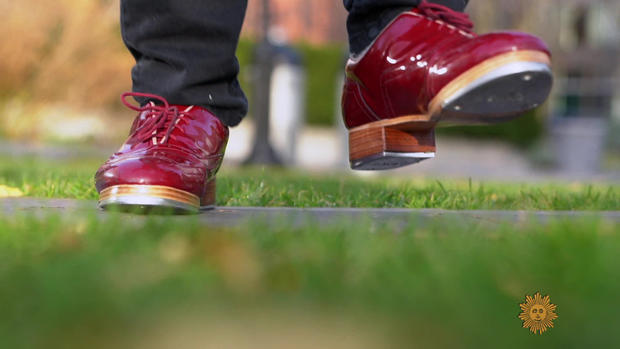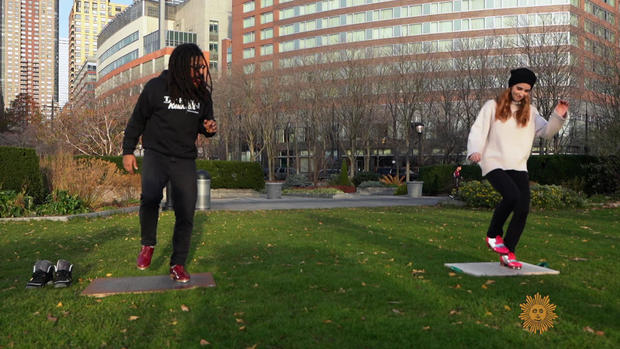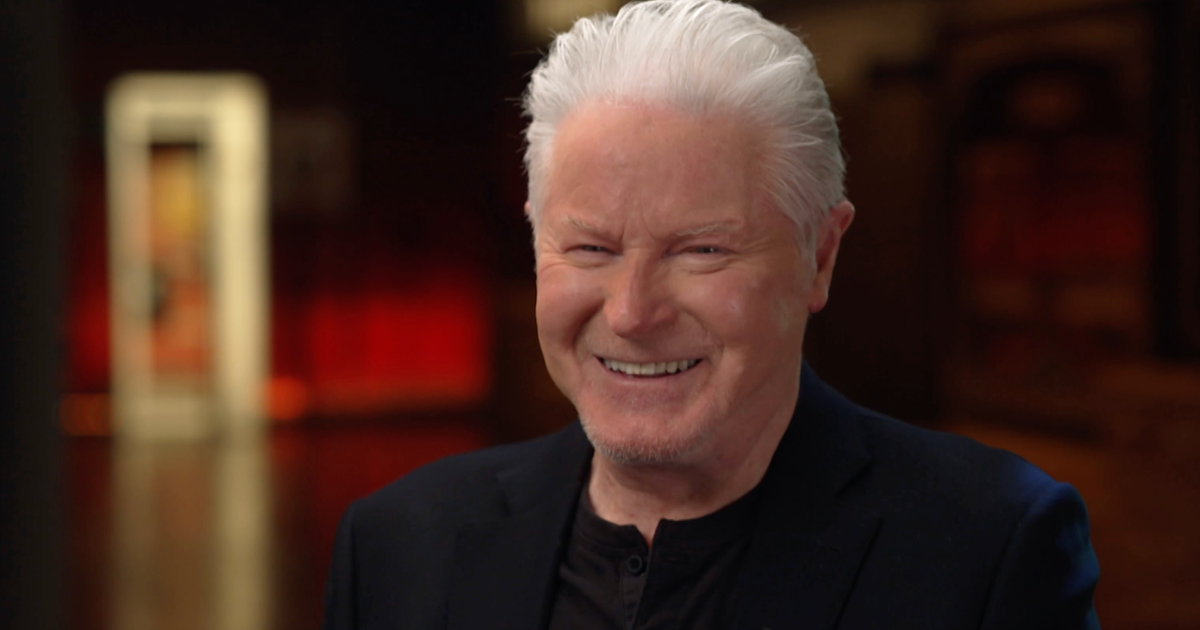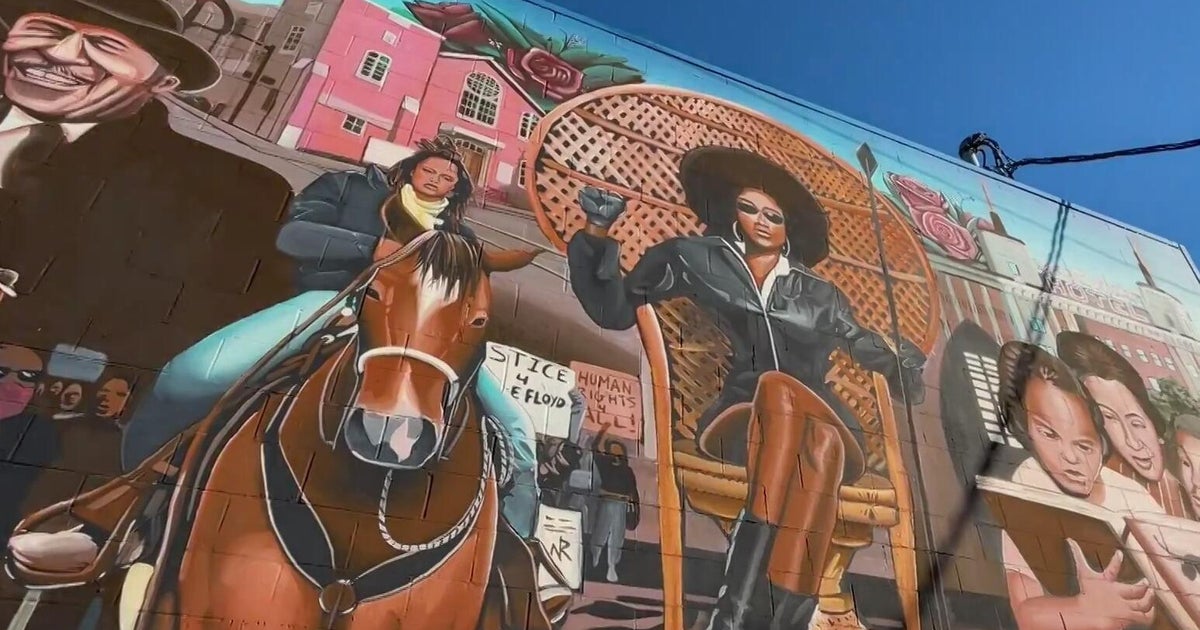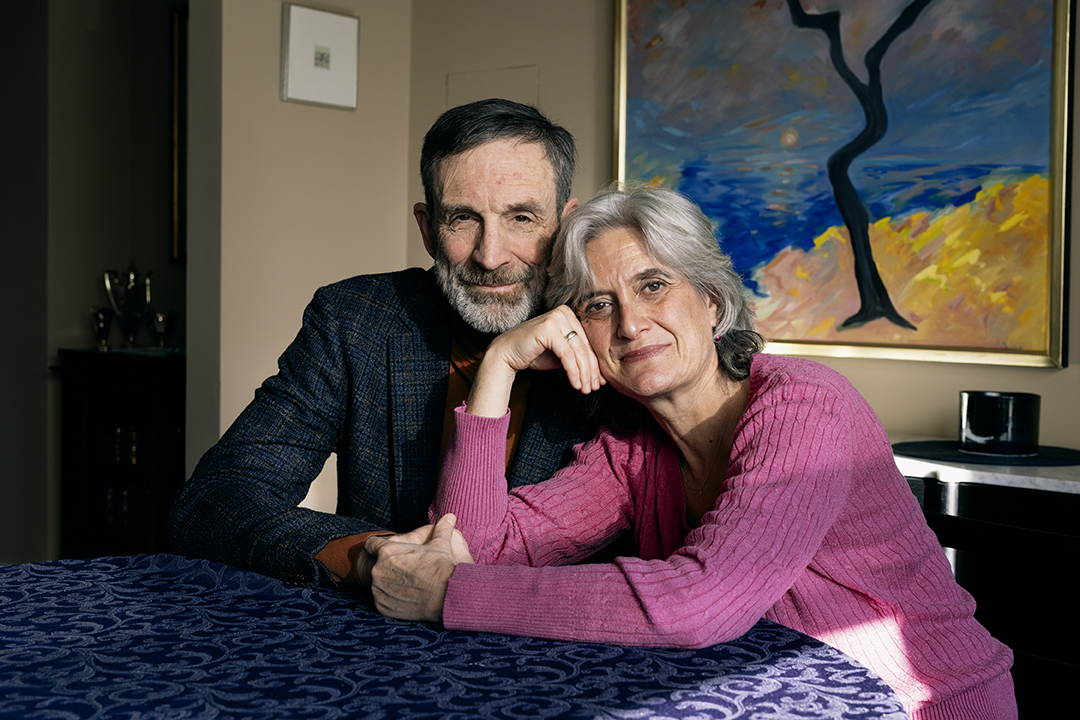Tap dancers: Putting their best foot forward
"I'm a tap dancer," said Jason Samuels Smith. "Some people would say a hoofer. Some people would say foot percussionist. Some people would say organic mathematician!"
There are a lot of ways to describe Samuels Smith, but the best way to understand what he does is to listen.
Correspondent Faith Salie said, "Until talking to you, it never occurred to me that dancers can dance to music, but when you tap dance, you are the music. When you dance, what message do you want your audience to get?"
"I want people to feel something," Samuels Smith replied. "I want them to feel my experience, my thoughts. We can express that range through this dance sometimes better than words."
For Samuels Smith, it goes a step further. It's about honoring tap dancing's roots, and his own. "Tap was kind of a language that was developed for people to establish their own freedom," he said.
Dance historian and Florida State University professor emerita Sally Sommer agrees: "If you wanna know about the history of America, maybe you should study the history of tap."
It's a history that dates back to the 1600s, when enslaved Africans were brought to America. "If everything's taken from you, and all that's left is your body, you're going to make art with your body," said Sommer.
That dance continued to evolve through the 18th and 19th centuries as America became a melting pot of cultures and rhythms
"the Irish and the Scots who came in early and often were indentured servants, came in with, also, a family of step dances," Sommer said. "The African dancer, traditionally, danced with bare feet on bare earth. The Irish step dancer generally danced on a wooden floor, sometimes with special shoes, sometimes not."
A homegrown kind of dance emerged, finding its footing in burgeoning New York City, in a Lower East Side neighborhood called Five Points. Sommer said, "It happened in the down-and-out places. It happened where nothing joyful was supposed to happen."
That joy continued, as tap shuffled into the 20th century, from minstrel shows to vaudeville and then Broadway. Eventually Hollywood got happy feet, too … lots of them!
From "Gold Diggers of 1935":
From Bill Bojangles Robinson to Fred Astaire & Ginger Rogers to Eleanor Powell, tap was front and center.
From "Swing Time" (1936):
But those dance numbers didn't last forever.
Sommer said, "Suddenly, during the '50s, who tap danced? Not many. The '60s, who tap danced? Not many. And then in the '70s, these dancers started literally finding these great Black tap masters who, with great generosity, shared."
Masters like Howard "Sandman" Sims and James "Buster" Brown, who inspired greats like Gregory Hines.
From "White Nights" (1985):
The stage was set for a new generation of shows and stars, on television and online, on stages big and small.
Savion Glover performs on a re-opening Broadway:
Even during the pandemic, amateurs and professionals alike found ways to keep shuffling along any way they could.
Sommer said, "I'm always waiting for the next tap dancer to surprise me, because they're out there to surprise you. And they will!"
As for Jason Samuels Smith, it's all music to his ears.
"It's empowering," he said of tap. "It connects you to your past, to history, to herstory. It embodies almost every element you can imagine, and it reflects America directly."
For more info:
- Jason Samuels Smith
- Sally Sommer, School of Dance, Florida State University
- American Tap Dance Foundation
Story produced by Sara Kugel. Editor: Carol Ross.
See also:
